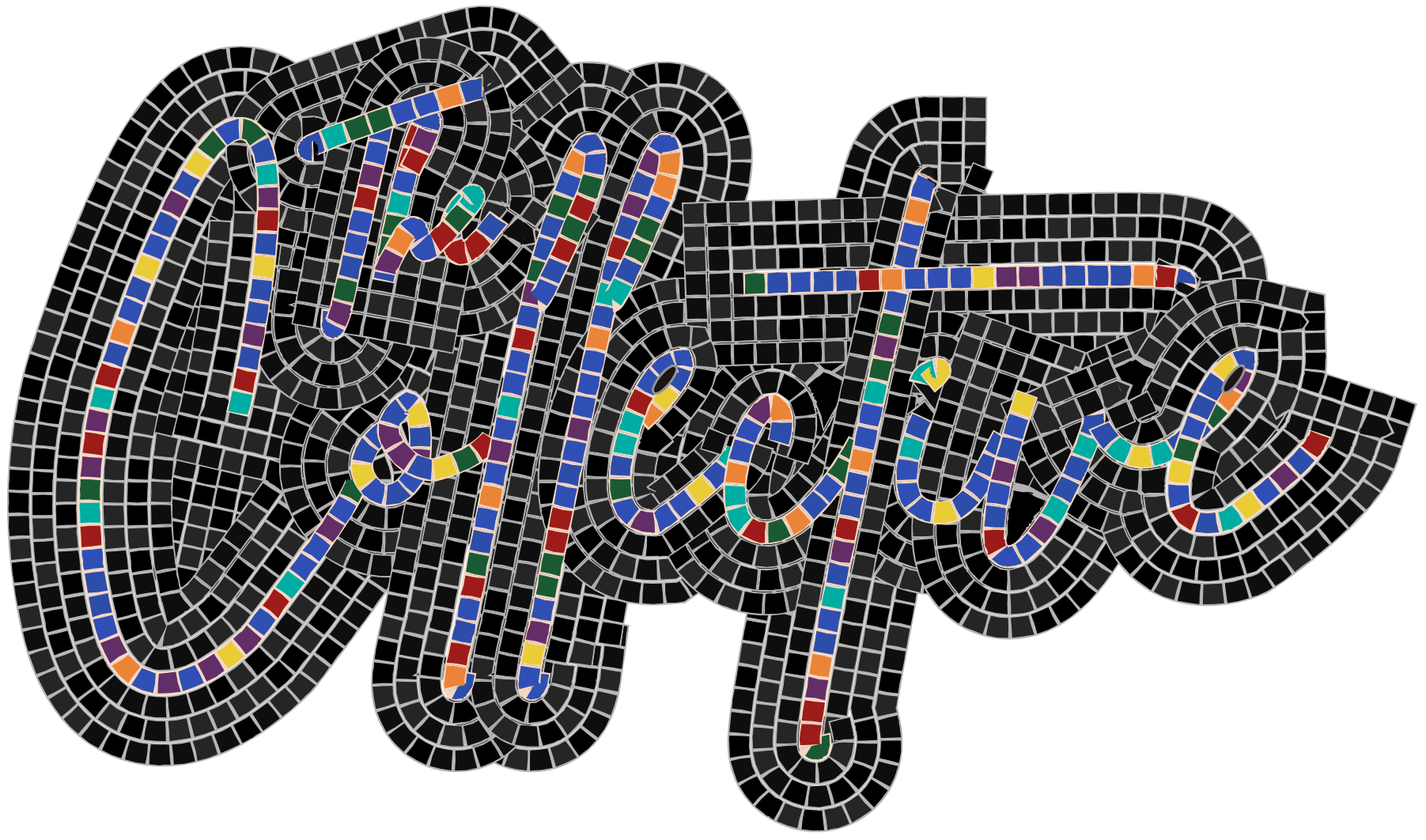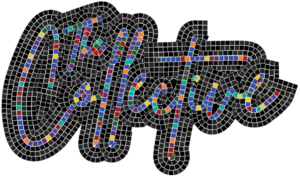"Hi, I'm Taylor."
Thus spoke the newly anointed Dr. Taylor Swift upon taking the microphone at the NYU commencement on May 18, 2022.
Ah, can you hear it? The gnashing of teeth and unassuming hero worship that followed this event? Twitter threads covering the spectacle reveal an incredible array of responses from the general public — unadulterated praise and cynical snark are juxtaposed in near comedic fashion. Dr. Swift is simultaneously hailed as an icon for women, standing up to exploitative corporations and sexual assailants while creating one of the most successful music careers in history, as well as a total hack, undeserving of such an honor traditionally bestowed on those who have sacrificed themselves at the altar of the academe — those who have made a creative and intellectual contribution to the betterment of humanity over the course of their rigorous studies.
What interests me here is decidedly NOT the direct and crude question of whether or not Dr. Swift deserves this honor — discourses such as that are at least as obscuring as they are enlightening (though they make for fabulous drunken debates). Rather, I find myself intrigued by the more curious questions of deservedness itself and the hidden social logic of the academe: why is it that so many people feel they have an inherent understanding of who deserves a degree from a university? And, more importantly, what does the logic of this understanding tell us about our current culture and society?

My sense is that people assume themselves so entitled to weigh in on the question of deservedness because a doctorate is laden with a certain kind of generally sanctioned social capital. To be authorized a doctor by an institution is to be assumed to have a set of qualifying accomplishments and skills that are generally acceptable to the status quo. Whether a musician or nuclear physicist, to be a doctor of something is to be considered well above average in intelligence and/or skill, because our society has certified this person as such. Now sure, there are those who don’t see things this way. But even off-handed jokes like “they’re just giving degrees out these days” betray a level of anxiety about the social power of a doctorate — to be concerned, even jokingly, about the apparent over-saturation of degrees is to acknowledge the power a degree can bestow.
I would like to propose that there is something insidious happening behind the scenes here. The granting of any doctorate may appear as a societally good mechanism (or at least a relatively innocuous or banal one) for bestowing social (and potentially material) capital, but in fact this act sanctions an inhuman logic with which we are all too familiar in our current historical position: the conflation of accomplishment and value (or, I might suggest, the conflation of use value and exchange value). You see, in the process of gaining and/or granting a doctorate (honorary or not), an individual is linked — or better yet, grotesquely stitched — to their history of institutionally sanctioned and legible accomplishments. The human, through intense operation, becomes a résumé: a modern carefully curated aesthetic object consisting of lists and numbers that reference things like events, certificates, honors, services rendered to sanctioned institutions, and funding awarded from sanctioned sources. The human is not quite entirely quantified here, but certainly disfigured in order to be rendered readable to institutions and the status quo. Sure, there is a kind of consent and even some choice on what is stitched where and how the résumé-as-aesthetic-object is cultivated and presented, but such conditions cannot justify the operation. And sure, there can be a section of the résumé that suggests something human, such as “hobbies” or extra-vocational activities, but we know that the work this section does is to perform humanity — to efface the dehumanizing act that has already taken place.


This performance of humanity becomes all the more important when we recognize what this operation does: through the careful stitching of accomplishment to flesh, a human-résumé monster is brought into the world. These are monsters from the perspective of the human, creatures created by the very processes humans put into place. And the upper echelon of academia is by no means particularly special in its production of monsters — many fields require such an operation, and the pursual of any degree requires at least some surgical work. Why? To abstract the material difference of reality, to make flesh legible. Individual, self-conscious humans are so radically and absolutely distinct, occupying such different positions in history and spacetime, that a violent act of identification is required for comparison. History gives us no shortage of examples of this act — caste, class, gender, race, nation, party, gang, etc. — any such identifier, while certainly capable of community building and positive, affirming psychological and sociological work, is also always exploitable, particularly for a political-economic system such as capitalism that relies on a logic of identity to function. For corporations, institutions, the State, etc., to more efficiently manage unruly human capital, the radical difference of each individual human experience must be transmuted into pre-programmed and readable categories — into data. And, like I said, this sure can be used for Good, or at least not obviously Bad (the distribution of funds via the census being one example). But it will also always be exploited under our current system. Résumé line items are but mere data.
The academe (and here I am thinking of grad school+) does this work of résumé monster-creation better than most fields/industries/etc. because of its religiosity. Or cultiness. However you want to understand it. The careful recording of attending ritualistic conferences and publishing sermons in journals is required for priesthood. And grad students and professors often understand what they do, either explicitly or implicitly, as serving a calling of sorts and/or doing a kind of sacred work that serves a larger Thing, perhaps the Greater Good (Humanity as such, the Human Spirit, Truth, Justice, Knowledge, etc.). This enables The Academe to withhold many material benefits from the majority of those laboring in its name while coercing all within the fold to zealously turn themselves into monsters. These monsters are often all too aware of what they are, though most refuse to look in the mirror after catching even a glimpse, having learned something from reading Mary Shelley along the way. Being a monster myself, I can assure the reader that the scars remain quite visible and sensitive to the touch.

Any redemption of the academic monster factory comes from this sense of sacred work, the laborers’ experience. While precisely the pressure point used for the exploitation of intellectual laborers, the sense of doing something of greater importance reveals the possibilities of identity and collective subjectivity. What I mean is: the dehumanizing résumé attachment procedure and unpaid and unacknowledged labor are endured not simply for survival (most with advanced degrees are well qualified for any number of much better paying private jobs), but because of a belief in something bigger, in something Good. Might this sense of duty to a Human subjectivity expanded far beyond the individual be leveraged for a true realization of that subjectivity? The ideal collective Human subject academics attempt to serve truly does not exist, and it surely never has. History has made clear that “Human” meant all humans, and that the Greater Good is usually not so good for far too many. But by simply presupposing the existence of this collective subject in all its distorted realizations, vast amounts of energy and material wealth have been manipulated into its service.
While similar to the workings of any collective subject, a key difference between the collective subject presupposed by a modern academic and, say, the collective subject presupposed by a nationalist (the nation), is that the former usually has few hard conceptual boundaries, and those that do exist are constantly renegotiated (even to the point of containing the un-alive but vital matter around us). Now, of course, the realization of this near boundary-less collective subject has not occurred — the boundaries still very much contain certain kinds of people and certain kinds of institutions. Hint: they are those sanctioned by the status quo, which is at pains to account for the dynamism of reality. But the mere possibility that the presupposed academic collective subject to which that academics commit themselves might emerge in history — a true (impossible) universal humanity, radically diverse and always already negotiated — seems, at the very least, not bad.
So just maybe I would suggest that Taylor’s anointment as Dr. Swift might be better understood as offering a dark sheen of hope if we can observe the spectacle itself as a glaring social contradiction. That is, if we look at it as doing something more than it appears to be doing, as doing a structural and unseen work that our gut reactions or close readings often obscure: while granting a degree to a cultural icon based on their socially sanctioned success certainly allows the system in which we find ourselves to further cement the larger societal logic of dehumanizing identification (of inextricably linking honor, worth, and material abundance to individual accomplishment), because it is an academically sanctioned anointment, we can’t help but also reframe Taylor’s accomplishments as serving the larger Thing, the Greater Good, that academics seek to serve. This contradiction — celebrity accomplishment stitched to a individual body as Greater Good — is the source of the controversy. Instead of trying to resolve the contradiction, whether by exhaustively arguing for or against her worthiness, cynically dismissing the act as nothing but a morale boosting PR stunt, or giving ourselves over to a regressive bemoaning of the sad state of academia, we would do well to let the contradiction be — writhing in arresting sublimity.
Only when we forcibly affix our gaze on such a curious horror can these social contradictions do what they do best: reveal where our society and culture are wrong. Not just where one particular institution is wrong, such as the academy (though that’s not to say there isn’t something wrong with the particular institution in which we find the contradiction), but where the larger workings of our society and culture are wrong. Where the values we claim to hold directly contradict the actual workings of our world. Where the world we know could be appears in a grotesque, perverse, or monstrous form. People sense where these contradictions take place, where they are being wronged on a systemic level, and where we as humans have utterly failed to realize our potential. But so often we, as humans and monsters, do a terrible, awful, no-good job of analyzing these contradictions. To be blunt: we fail to understand what it is that is really wrong, we don’t have the chutzpah to name the atrocities of the status quo, and we lack the courage and the will to hold the devastating truth and terrifying possibility of redemption in the same hand. Taylor said it best in her commencement speech:
I have some good news: It’s totally up to you. I also have some terrifying news: It’s totally up to you.
To drive this point home, let’s consider for a moment a recent death: that of a bartender at a local watering hole I tend to frequent. This was a man who would never be considered for an honorary doctorate, and who had no résumé to speak of. And yet, as news of his untimely death spread, it became clear that his life was one truly valued by the community. It had nothing to do with his status-quo-sanctioned accomplishments and everything to do with how much genuine joy he brought to everyone he came into contact with — how much thoughtful kindness he showed, no matter what was going on. I wonder, how many of us would pass away and garner multiple public celebration-of-life events, including a music festival that requires dancing?

You see, when even an esteemed professor dies, there may be long lists published of their accomplishments and all the incredible honors they achieved, but it is the intense student-teacher relationships that make the passing a tragedy. It’s the gathering and telling of stories, the special concerts, the celebration of them as humans that matters. There’s another contradiction in there somewhere, hidden between the coldness of the academic papers written for a deceased mentor and the true pain felt by those who loved them. Observing the massive outpouring of love for my local bartending friend while writing this article has been inspiring, and a most helpful reminder that the stitching of value to accomplishment, of human life to résumé, is a thoroughly violent act that the world we have made for ourselves coerces us into agreeing to, and even defending.
But what about Taylor? Yes, I did start there, didn’t I. Her commencement speech was, to be frank, a very Taylor speech. Full of near-awkward cringe and cliches (something she encourages embracing in the speech) as well as genuine self-reflection and honest insight into the interpersonal realities of her life, the speech is fairly typical for those made at a graduation ceremony. But in that is something interesting: Truth found outside the ivory tower. For example, she says at one point “We are all literary chameleons and I think it’s fascinating. It’s just a continuation of the idea that we are so many things, all the time.” While she goes on to make a less-than-original point with this insight, the insight itself reveals a nuanced understanding of self and expression that might be the springboard for any number of philosophical jaunts. It’s an insight the academe might help her expand and elucidate, but the insight itself, the glimpse of Truth, came from outside. From her “everyday” experience. Similarly, a close listening to her early hit “Our Song” would suffice to replace reading my dirge about the quotidian as aesthetic. Theory, it turns out, is everywhere.

A final note on accomplishment: we must remember that what counts as an accomplishment is a manufactured categorical distinction — something created for me to desire as better than the mundane, the everyday, failure, etc. The status quo teaches us what to desire and manipulates us into genuinely feeling the desire for that thing. We cannot not want accomplishment, right? No one can desire failure! This is the engine behind the abominable hustle culture and monetization of every passion (but it of course only works in tandem with the pseudo-scarcity of a “free” market). It is the inevitable result of a conservative, regressive fetish of the status quo and how things are set up for us. I’m reminded of Emerson’s admonishment to avoid even reading a book if it entraps one in giving undue worship to the past. In his words, we must turn towards the future, and become the only thing of value to this world: “active souls.” The best in the academe do this in spite of their accomplishment and the distortions it brings.
The point is that if We, as humans past and present, have made the institutions and coercive mechanisms that make us into these monsters where our value is stitched to our accomplishment, we arrive at the unsettling question: what’s a monster to do?




